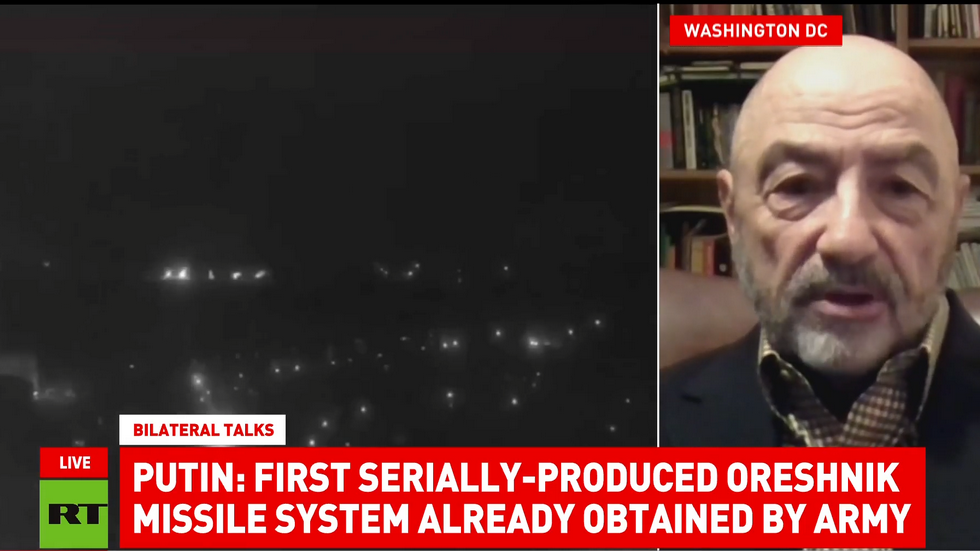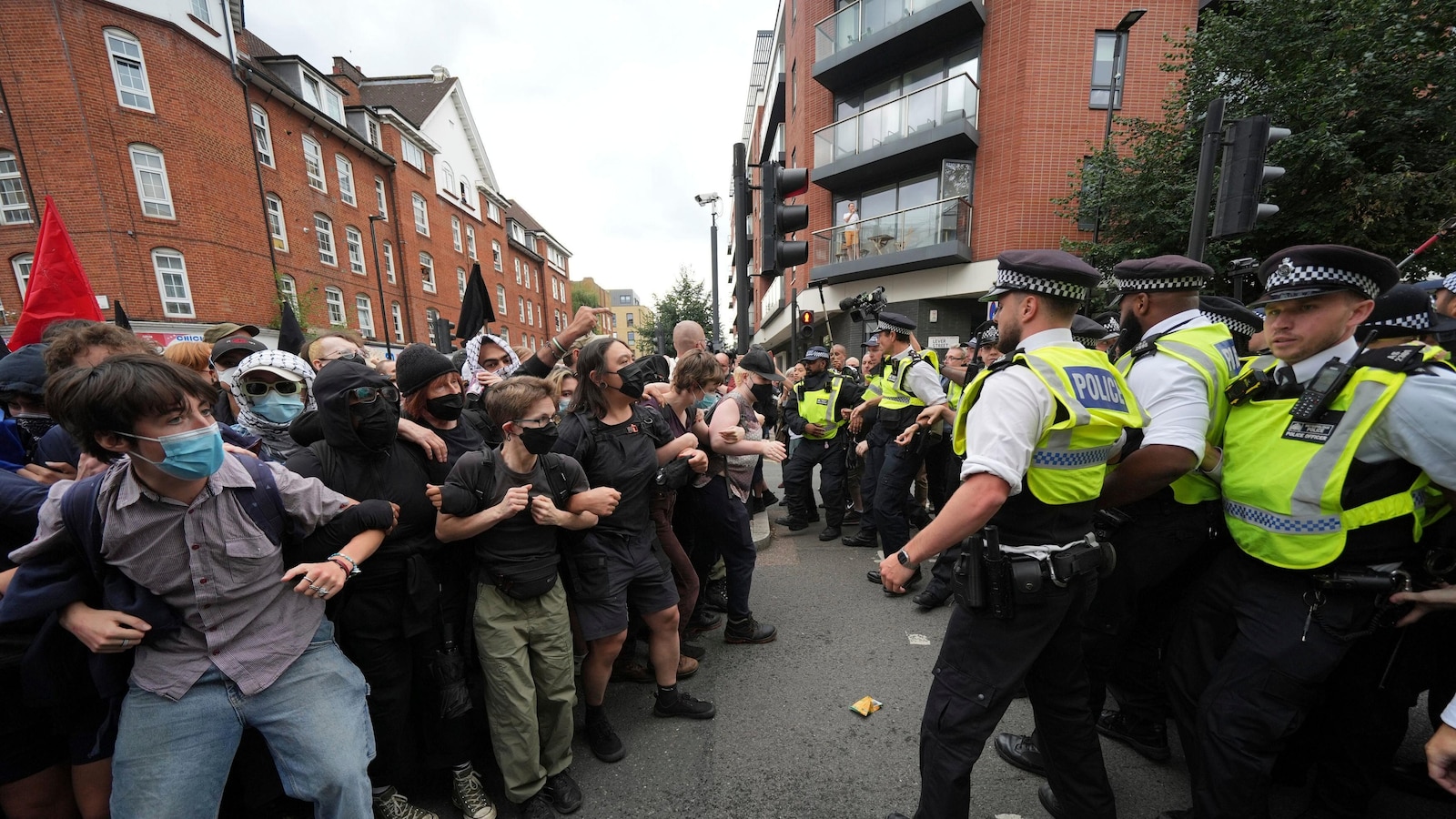The Corporation for Public Broadcasting announced on Friday that it would begin winding down its operations after President Donald Trump rescinded $1.1 billion in funding for the nonprofit, which for decades has helped sustain NPR, PBS, and hundreds of local public media stations across the country.
“Despite the extraordinary efforts of millions of Americans who called, wrote, and petitioned Congress to preserve federal funding for CPB, we now face the difficult reality of closing our operations,” CPB President and CEO Patricia Harrison said in a statement. She added that the organization would work to support its partners during the transition “with transparency and care.”
The loss of federal support, enacted as part of a broader $9 billion rescissions package signed by Trump in July, will not bring an immediate end to national programming like PBS NewsHour or NPR’s Morning Edition. But the decision is expected to pose serious challenges to the network of smaller, often rural public broadcasters that have long depended on CPB funding for their survival.
The majority of the CPB’s roughly 100 employees will be laid off when the federal fiscal year ends on September 30, according to a press release. A smaller team will remain through January to complete financial and legal obligations, including final disbursements and the expiration of system-wide music licenses.
Harrison, who has led the CPB since 2005, called the decision to shut down “difficult” but inevitable given the scale of the funding withdrawal. “Public media has been one of the most trusted institutions in American life,” she said in her statement, “providing educational opportunity, emergency alerts, civil discourse, and cultural connection to every corner of the country.”
Here’s what to know about the funding cuts.
What is the Corporation for Public Broadcasting?
Founded in 1967 under the Public Broadcasting Act, CPB was created as a nonpartisan nonprofit to channel federal appropriations to public television and radio stations across the United States, including affiliates of PBS and NPR.
While national organizations like NPR and PBS generate their own revenue and receive only a small share of direct federal funding, their local member stations rely heavily on CPB grants. In many smaller and rural markets, federal money accounts for 25% or more of a station’s total budget.
In addition to distributing funding, the CPB also helped stations remain in legal compliance and negotiated system-wide rights, such as royalties for music and content use.
Why did Republicans push to eliminate CPB funding?
Trump and his allies have long accused NPR and PBS of leaning left politically and argued that taxpayer dollars should not support news organizations they see as ideologically biased.
“NO MORE FUNDING FOR NPR, A TOTAL SCAM!” Trump wrote on Truth Social on April 10, calling the organization “A LIBERAL DISINFORMATION MACHINE.”
After gaining unified control of Congress this year, Republicans pushed to eliminate CPB’s funding through a process known as a rescission—a formal cancellation of previously approved federal spending. The Trump Administration proposed eliminating $1.1 billion that had already been appropriated for the CPB through fiscal year 2027. Congress approved the measure in July as part of a broader $9 billion package of rescinded funds, which also included cuts to foreign aid.
Only four Republicans in both chambers of Congress broke with their party and voted with all Democrats against the package: Sens. Susan Collins of Maine and Lisa Murkowski of Alaska, and Reps. Brian Fitzpatrick of Pennsylvania and Mike Turner of Ohio.
“If you don’t like what’s going on within NPR, you think that there’s too much bias there, we can address that,” Sen. Murkowski said in a floor speech ahead of the vote. “But you don’t need to gut the entire Corporation for Public Broadcasting.” In an op-ed for the Fairbanks Daily News-Miner, she warned that the loss of CPB’s $12 million in funding for Alaska’s public stations—which covers between 30 and 70% of each stations’ budgets—would be “devastating.”
Sen. Collins expressed similar concerns: “I share the frustration with the biased reporting by NPR, and I would support defunding it. Nevertheless, local TV and radio stations continue to provide important coverage. In Maine, this funding supports the emergency alert network, coverage of high school basketball championships, a locally produced high school quiz show, and classical music stations.”
The Senate Appropriations Committee on Thursday advanced a bill that would eliminate future funding for CPB altogether—a move that Harrison said “will cause irreparable harm, especially to small and rural public media stations.”
“The absence of future funding eliminates CPB’s ability to fulfill our statutory mission—providing support to nearly 1,500 local public media stations and making needed investments that help stations serve their communities,” Harrison said before announcing the decision to wind down operations.
Despite the push in Congress to eliminate funding for public broadcasting, most Americans still support public media. A Harris Poll conducted in July on behalf of NPR found that 66% of U.S. adults favor continued federal funding for public radio, including 58% of Republicans and 77% of Democrats. 66% of respondents said that federal funding for public radio is a good value for taxpayer dollars.
What does this mean for NPR, PBS, and local stations?
National programming like PBS NewsHour, All Things Considered, and children’s shows will not disappear overnight. But the loss of CPB funding threatens the financial stability of the local stations that carry these shows—particularly those in rural or underserved regions that have long depended on federal support to stay on the air.
Without CPB grants, some stations may be forced to reduce staff, cut programming, or shut down altogether. That could have a significant impact in smaller communities, where public media stations are often among the few remaining sources of local journalism. Researchers have classified many rural areas as “news deserts” due to the decline of local newspapers and commercial outlets. Public broadcasters have filled that gap in many communities by providing access to local news coverage, educational content, and emergency alerts.
Those stations may seek new funding from state governments or private donors, but these solutions are not likely to fully replace the funding CPB provided.
The New York Times reported that roughly 120,000 new donors have contributed an estimated $20 million in annual value to public media over the last three months, according to the Contributor Development Partnership, a firm that analyzes fundraising data. Total donations this year are about $70 million ahead of last year’s pace—a sharp uptick sparked in part by public concern over the loss of federal support.
The day Congress approved the rescissions, member stations saw a spike in giving, the Times reported. Rocky Mountain Public Media in Colorado received more than 6,600 donations in one weekend, including a $500,000 gift. WUNC in North Carolina raised over $1 million. WMNF in Tampa brought in more than $280,000—unusually high numbers for both.

 18 hours ago
4
18 hours ago
4









